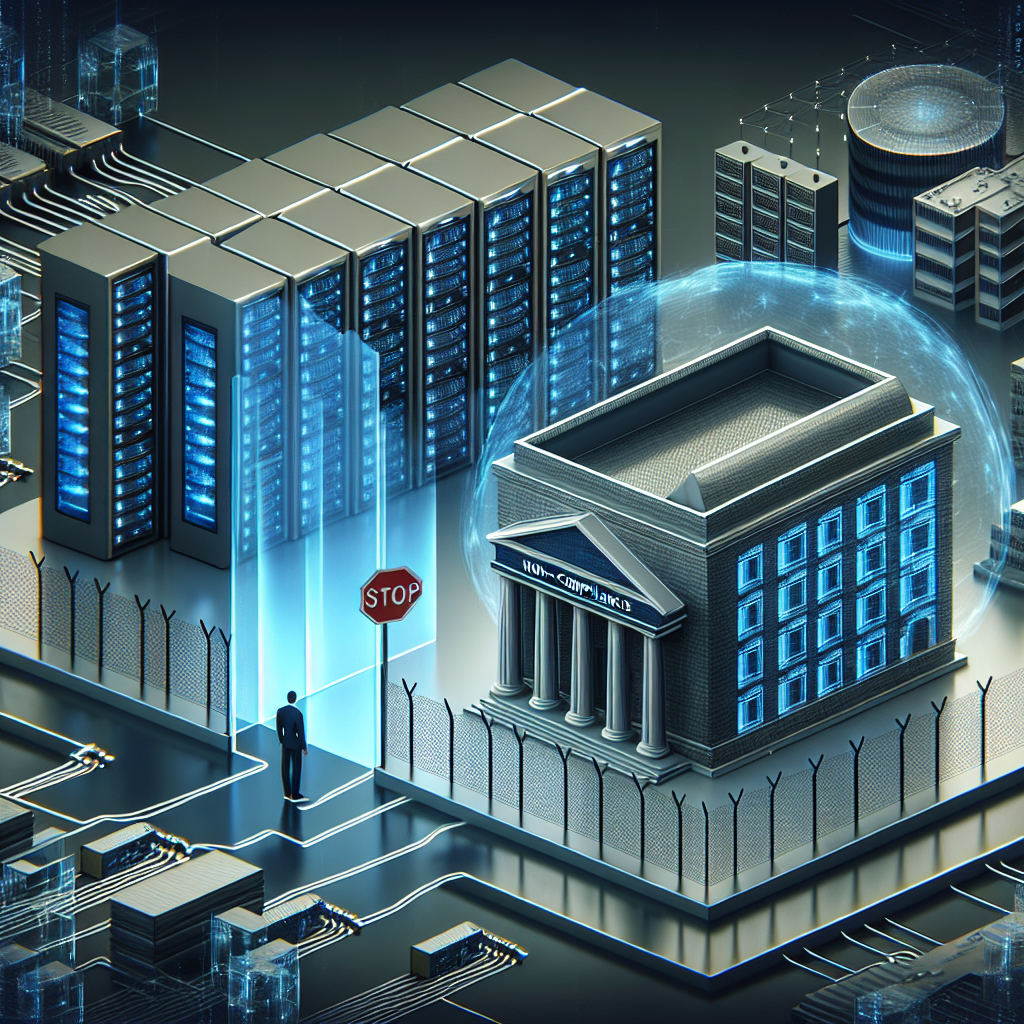Data centers play a crucial role in today’s digital economy, serving as the backbone for storing, processing, and managing vast amounts of data. With the rise of data breaches and cyber attacks, data center compliance has never been more important. Non-compliance with regulations and industry standards can have a significant impact on both data centers and the businesses they serve.
One of the main consequences of non-compliance is the increased risk of data breaches. Data breaches can have devastating effects on businesses, resulting in financial losses, reputational damage, and legal repercussions. Non-compliance with regulations such as the General Data Protection Regulation (GDPR) or the Health Insurance Portability and Accountability Act (HIPAA) can leave data centers vulnerable to cyber attacks and data theft.
Furthermore, non-compliance can also lead to hefty fines and penalties. Regulatory bodies have the authority to impose fines on businesses that fail to comply with data protection laws. These fines can amount to millions of dollars, putting a significant strain on businesses and potentially leading to bankruptcy.
In addition to financial repercussions, non-compliance can also damage the reputation of data centers and the businesses they serve. Customers are becoming increasingly aware of the importance of data privacy and security, and are more likely to take their business elsewhere if they feel that their data is not being adequately protected. This can result in a loss of trust and credibility, ultimately impacting the bottom line of businesses.
Moreover, non-compliance can hinder the growth and innovation of businesses. Data centers are essential for storing and processing data that drives business decisions and enables new technologies. Non-compliance can lead to disruptions in data center operations, causing delays in accessing critical data and hindering business processes. This can impede the ability of businesses to adapt to changing market conditions and stay competitive in the digital landscape.
In conclusion, non-compliance with data protection regulations can have far-reaching consequences for data centers and the businesses they support. It is essential for data centers to prioritize compliance efforts and invest in robust security measures to protect sensitive data and mitigate the risks of data breaches. By taking proactive steps to ensure compliance, data centers can safeguard their operations, protect their customers, and maintain the trust and confidence of the businesses they serve.


Leave a Reply